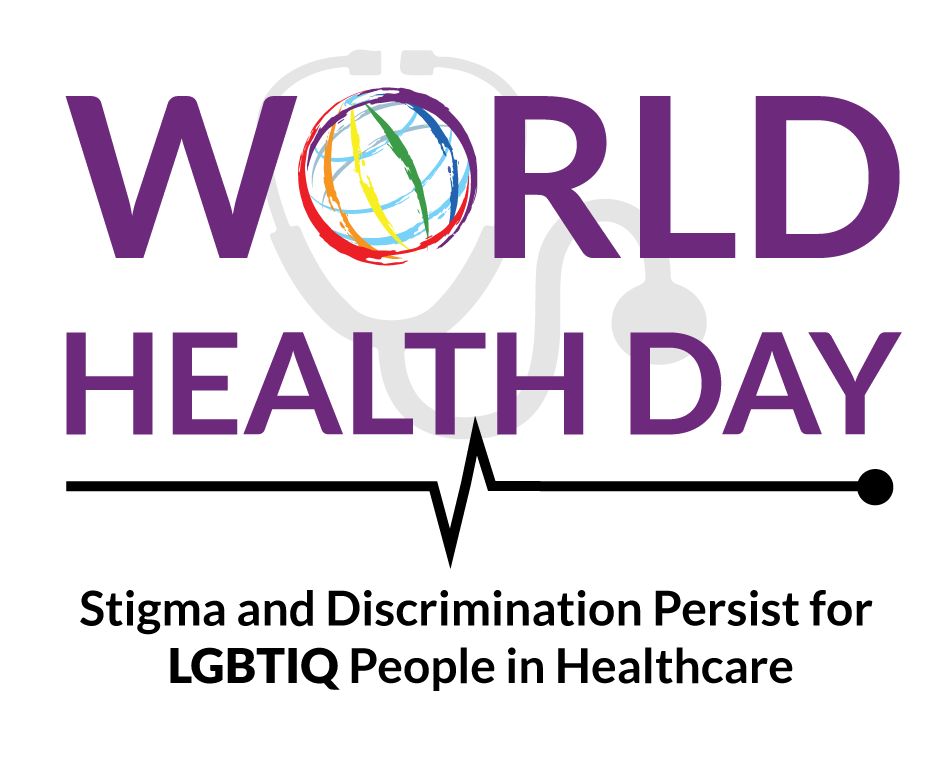
Kathmandu (Pahichan) April 8 – Access to healthcare is a fundamental human right. A human right recognized in international human rights law through multiple United Nations treaties and reflected in national level legislation in many countries.
Even with the recognition of the right to health of every human being, LGBTIQ people continue to face stigma and discrimination in healthcare settings leading to disparities in access to, quality, and availability of health care services.
LGBTIQ people are denied services, experience discrimination by healthcare workers, and are faced with healthcare professionals who are unaware of health concerns particular to the LGBTIQ community.
Criminalization of same-sex relationships and punitive laws against LGBTIQ individuals further exacerbate negative health outcomes of the LGBTIQ community. OutRight’s partners in Nigeria, where homosexuality is criminalized and punishment includes death by stoning, reported that due to the climate of fear and repression they did not access the medical care they needed because they were afraid of being arrested or facing violence.
Homophobia and transphobia, both internalized and experienced, and social stigma, contribute to isolation and discrimination against LGBTIQ people, having long term impacts on mental health and well being. Reports highlight that the LGBTIQ community face higher incidence of anxiety, depression, HIV, and suicidal thoughts than heterosexual and cisgender counterparts.
Those who are not out, are forced to remain closeted, or do not have social support may experience more severe mental health issues. Mental health is still an emerging issue in many parts of the world leading to inadequate systems and services available to the LGBTIQ community, who often need these services most.
HIV continues to be pervasive among key populations including transgender women and men who have sex with men. Trends point to increased incidences of HIV transmission among young gay men. While these populations may experience higher exposure to HIV risk, countries continually fail to provide sufficient health care resources to both curb transmission rates as well as provide affordable and accessible treatment and services.
Countries invest too little in educational campaigns and sensitization trainings to health care professionals to address stigma against people living with HIV, causing barriers to accessing services for fear of discrimination.
Andrew Aguacía, a trans activist from Colombia describes types of discrimination transmen face and the subsequent impact on health seeking behaviour in OutRight’s report “Mapping Trans Rights in Colombia,”saying,
“we don’t go for gynecological check-ups, and if we do go, we always clash with the health personnel because we always have to explain why Andrew has to have a pap smear. They think that it is a mistake that a man should be having one. I did it and it was horrible, they protect themselves more, they double-glove, they asked me if I had had an AIDS test…”
In order for the health and human rights of LGBTIQ people to advance:
Without a concerted effort by states to tackle the multifaceted issues faced by LGBTIQ people, this community will continue to be marginalized and discriminated in healthcare, leading to lower quality of life and a violation to having the right to the highest standards of health.
Copyright © All right reserved to pahichan.com Site By: Sobij.